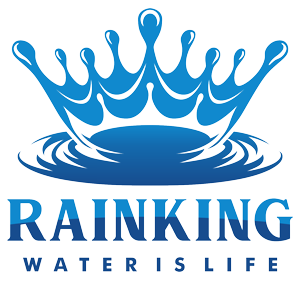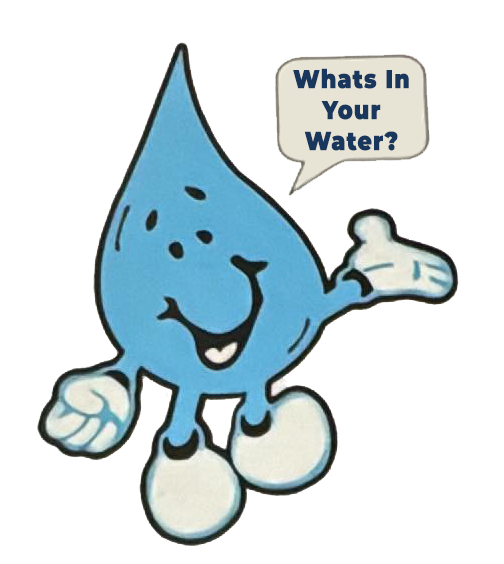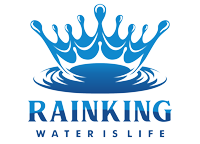Uncovering the Facts Behind Alkaline Water: Exploring the Potential Benefits and Risks
Our relationship with water is unshakable – it’s the foundation of every living creature, and a basic need to sustain life. Despite its significance, many of us do not take the time to consider which kind of water is best for our bodies. Recently, alkaline water has been gaining traction, touted as a healthier option than regular tap or bottled water. But does the research support these claims? It’s time to take a closer look at what this water really offers and uncover the facts behind alkaline water.
For those unfamiliar, alkaline water is water that has been treated with a process called ionization, which raises the pH level of the water. This water is said to have a positive effect on digestion, hydration, and overall wellbeing. Additionally, many believe alkaline water to be an effective antioxidant, claiming it can help counteract free radicals in our bodies.
But how much of this is based on fact? Many have called into question the validity of the supposed benefits of drinking alkaline water. On the other hand, there are those who swear by its effects, claiming greater energy levels and better digestion. With so much conflicting information out there, sorting out what’s true can be overwhelming. Let’s take a dive into this mysterious water and see what we can find.
Unlocking the Benefits of Water System Tools: Streamline Your Processes Now
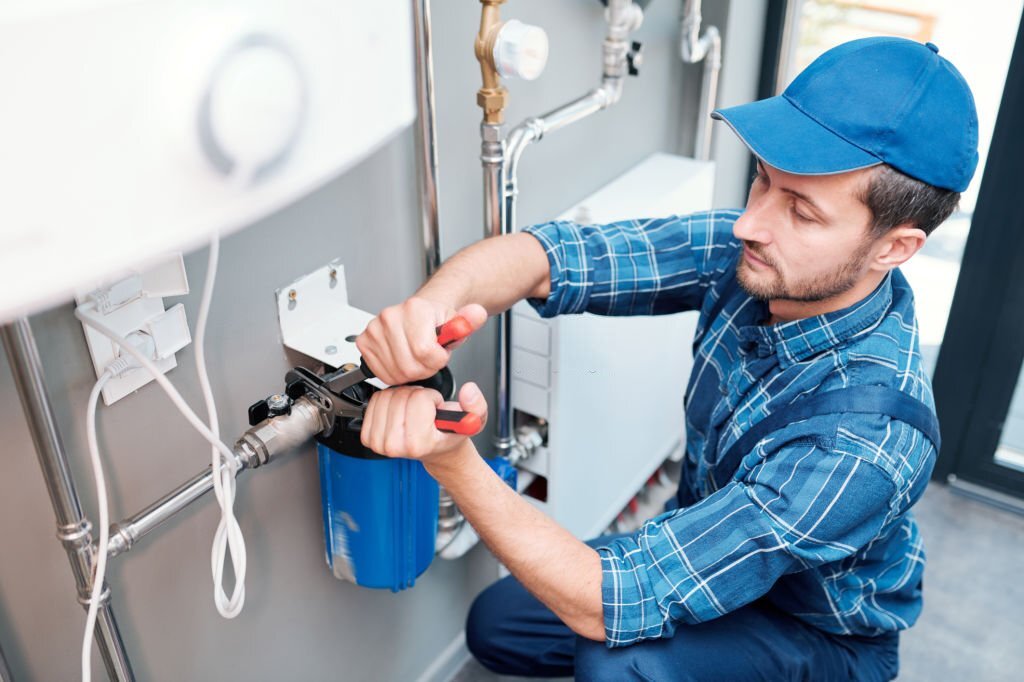
Water systems are a complex web of pipelines, pumps, and valves that govern the way water is delivered to homes and businesses. As technology advances and the need for efficient and safe water delivery increases, so too does the necessity of water system tools. From pipes to pumps, the range of water system tools that are available can be overwhelming. But any business or homeowner who relies on access to clean water knows that having the right tools is essential.
For anyone unfamiliar with water system tools, the idea of using them can be intimidating. However, these tools are designed to make water delivery more efficient and safer. With the right resources, tools, and knowledge, streamlining your water system processes is achievable. Knowing which water system tools to use to improve the safety and reliability of your pipeline system can save your business time and money in the long run.
In this blog post, we’ll look at the various water system tools available and how to properly utilize them. We’ll discuss why it is important to ensure that your water system functions optimally, and some tips on how to streamline your processes. By the end of this post, you’ll have a better understanding of how to use water system tools to optimize your water system and keep everyone safe.
7 Fascinating Facts About Water Systems
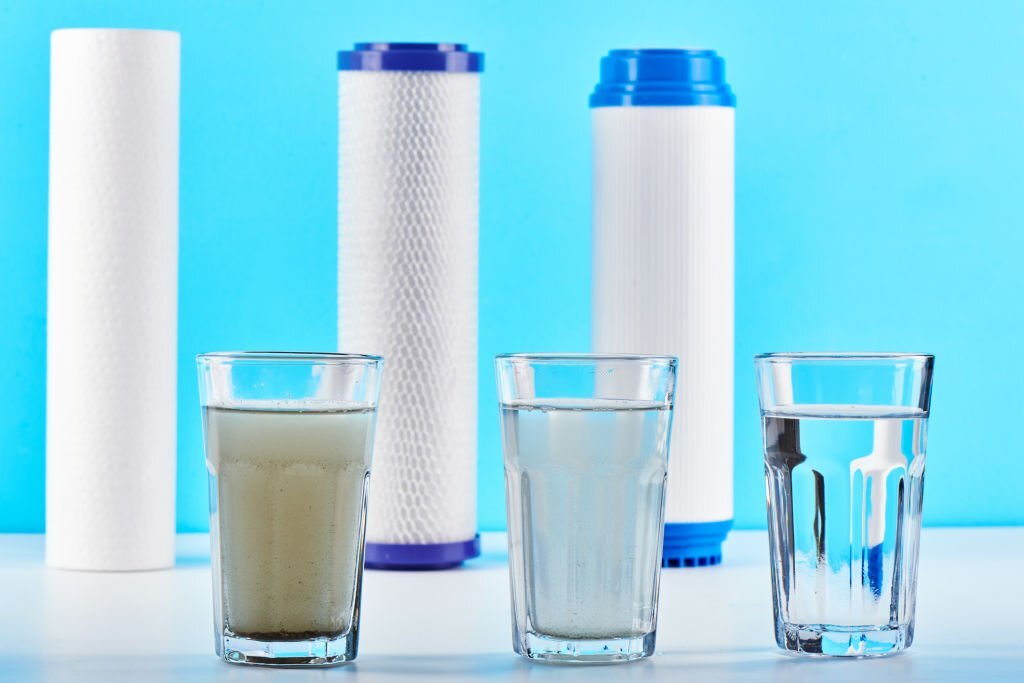
Water is one of the most essential elements of nature, sustaining all life and providing many of the world’s resources. The water systems that exist around the globe are fascinating, yet complex and often misunderstood. From the hidden organisms living in the underworlds of a river to the intricate processes of filtration, the inner workings of a water system reveal a much deeper insight into the amazing world we inhabit.
In this blog post, we’ll be exploring seven astonishing facts about water systems that you may have not heard of before. From the fascinating way water is used for energy production to the intricate details of the water cycle, these facts will leave you wondering how we ever lived without such a valuable resource. Even if you don’t consider yourself an expert in water systems, you’ll be amazed by the technological advancements and natural processes that keep our planet thriving. So, let’s dive into the depths of water systems and uncover some of the most interesting facts there are!
5 Reasons to Have a Professional Water Test for Your Water System
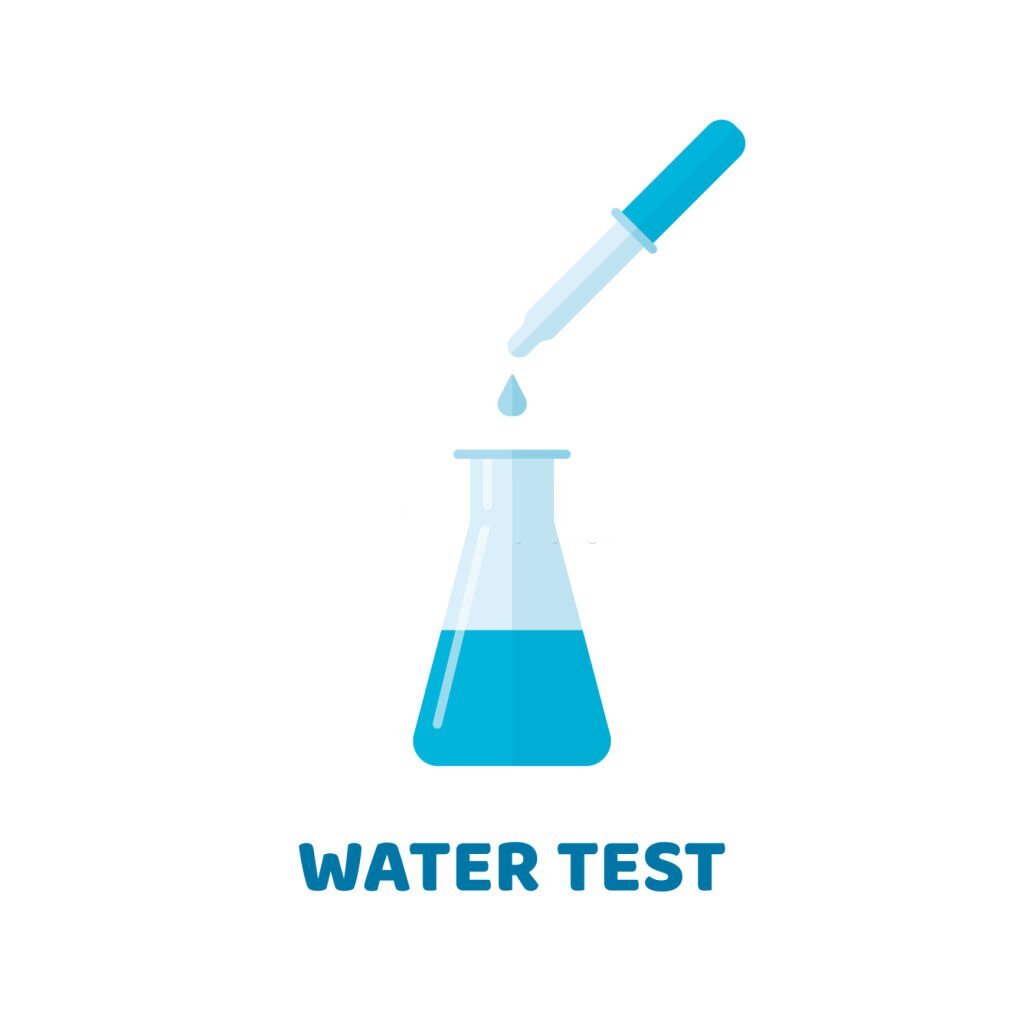
With a modern and advanced water system providing clean and safe water for all of your needs, it’s important to conduct regular water tests to ensure that everything is working as it should be. But why have a professional water test for your water system instead of doing it yourself? Getting a qualified professional to test your water system can give you peace of mind that all is well, and can even save you time and money. In this article, we will look at five of the most compelling reasons why you should have a professional water test for your water system.
This is especially true with our increasingly temperamental climate. As the environment continues to change, so do the conditions of our water systems. Without careful and accurate monitoring, pollutants or minerals can accumulate in our water systems, leading to adverse effects on our health and overall well-being. Monitoring the quality of your water system can be difficult if done without the help of professionals.
Professionals have years of experience reading and interpreting the data of water tests. They are equipped with the necessary science and technology to make sure that the results of the water tests are reliable and accurate. Through these tests, they are able to detect contaminants, heavy metals, and other contamination issues that could be invisible to the naked eye. Furthermore, only trained professionals would have the know-how to implement the best solutions to any contamination issues that might arise, thus ensuring that the quality of your water system is kept at its highest level.
So don’t let the uncertainty and doubt get the better of you – invest in having an experienced professional conduct a water test for your water system. You’ll be able to enjoy the peace of mind that comes with the knowledge that all is well with your water system. Read on to find out more reasons why you should have a professional water test for your water system.
Unlock the Secret of Low Pressure with an Under-the-Counter Water System in Florida
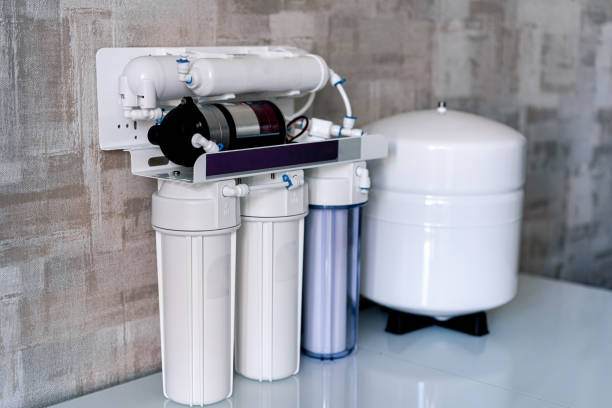
Imagine having to deal with the frustration of low water pressure from the tap. As you’re washing dishes, rinsing vegetables, or taking a shower, the water just isn’t coming out as strongly as it should. You’ve got a few options: you can call a plumber to adjust the pipes, install a pump, or shell out for a new faucet. However, there’s a simpler solution that may be less commonly known: an under-the-counter water system. This innovative plumbing system features fewer components that make it easier to maintain and repair, as well as one important perk—maintaining a healthier level of pressure.
With an under-the-counter water system in Florida, all you need to do is turn a knob to get the desired water pressure. This clever setup keeps the water pressure at an optimum level all on its own, and it requires no additional adjustments. This means no more dealing with reduced pressure due to clogged pipes, or having to manually adjust a pressure gauge. Additionally, since the fewer components of this system are placed under your sink, there is less risk of corrosive damage and leaking, which saves you money in the long run.
So if you’re looking for a simple and cost-effective way to keep your tap water pressure optimal, consider investing in an under-the-counter water system. In this blog post, we’ll explore what makes this system so successful in Florida, and how it can help you unlock the secret of low water pressure.
Discovering the Right Water System For You
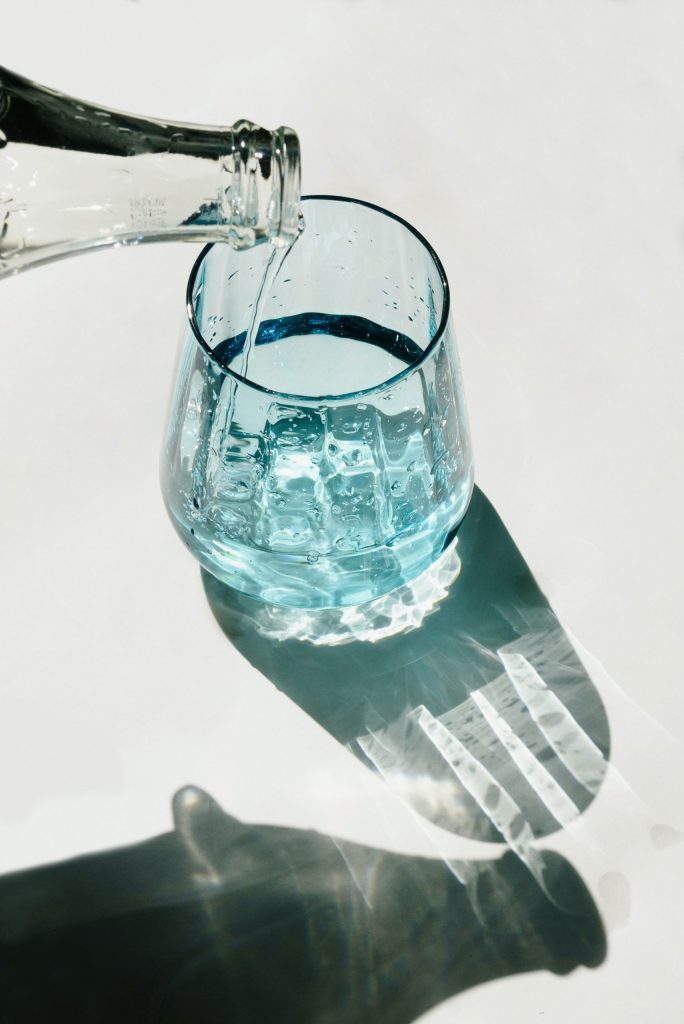
Welcome water lovers to the quest of finding the perfect water system! The modern world has many challenges and environmental issues that we must face to ensure our future on this planet. One of these issues is water supply, as a clean and healthy source of water is essential for our lives. We must be proactive in finding ways to ensure an adequate water supply and keep our water safe, which is why an efficient water system is so important.
Today, we will focus on UV water systems and how they can be beneficial to our lives. This type of water system works by using ultraviolet light to disinfect the water and remove contaminants, bacteria, and viruses. Uv water systems can provide a great deal of convenience, as they eliminate the need for manual labor such as boiling or filtering water. Additionally, because ultraviolet light is a safe and natural form of disinfection, it is better for the environment than other methods.
We will explore the different types of UV water systems available and the benefits that they can offer. We will look at the cost and the various components of the system, so you can decide whether or not a UV water system is the perfect solution for you.
Unlocking the Benefits of Health Care and Water: A Comprehensive Guide
A comprehensive guide on how to maximize health care and water benefits
Water and health care are two of the most essential resources in any society. They are both necessary for sustaining life and fostering growth, yet there is often a disconnect between their benefits and how we access them. We may know the importance of staying hydrated and getting regular medical check-ups, but do we really understand the different ways that these two fundamental resources can help us?
In this comprehensive guide, we will explore the many advantages of health care and water, from physical health to mental well-being. We’ll look at the biological processes that are maintained by proper access to these resources, as well as the positive economic outcomes associated with them. We’ll also discuss strategies for leveraging these resources in order to maximize their potential benefits. Finally, we’ll provide practical advice on how to ensure that everyone has access to the health care and water they need.
At the end of this article, you should have a better understanding of how health care and water can improve your life, as well as an appreciation for the impact of these resources on the world around us. It’s time that we unlock their full potential and use them to create a healthier and more equitable future.
10 Amazing and Fascinating Interesting Facts about Water Systems
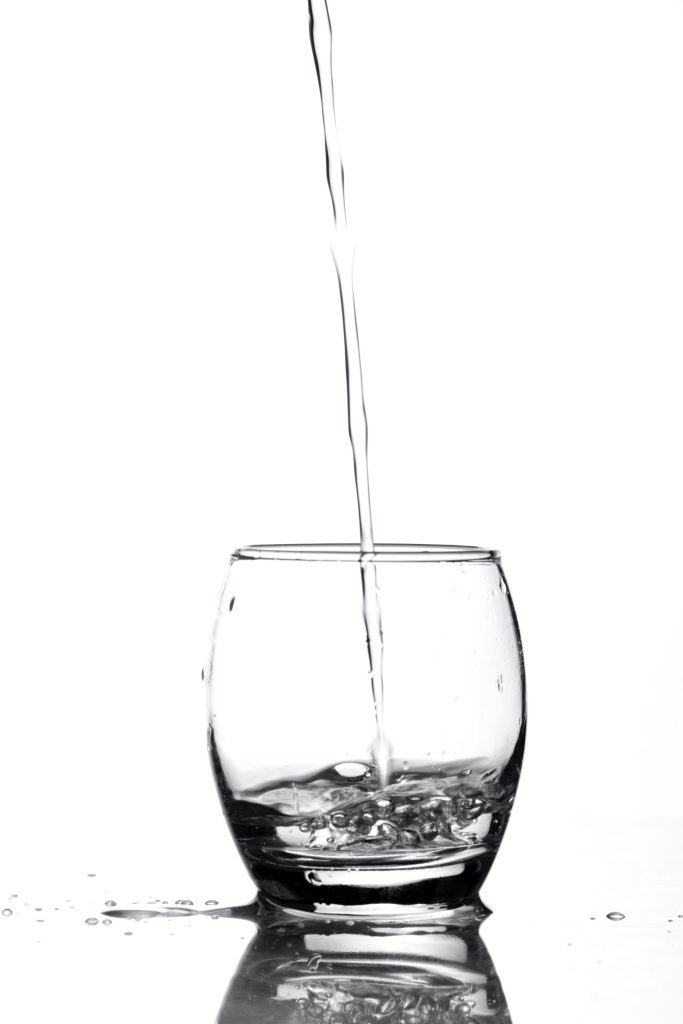
Water is a fundamental component of life on this planet, and the water systems that support it are nothing short of amazing. They have been in place over centuries and even millennia, forming the basis of transportation, food production, and domestic use. From the sluice gates of ancient civilizations to modern-day dams, each component of a water system has its own fascinating history. But, like any complex system, the details are often lost in the everyday bustle. To bring these incredible facts back into the light, this article dives into 10 amazing and interesting facts about water systems, from ancient to modern.
The first water systems date back to around 4,600 BC, when Sumerian engineers constructed an irrigation system in what is now southern Iraq. By making use of canals, dams, and waterwheels, they were able to grow crops more efficiently from the Tigris and Euphrates rivers. This form of hydraulic engineering was adopted by other ancient civilizations including the Egyptians, Greeks, and Romans and helped sustain their populations for centuries.
Water systems were found throughout the world to provide essential water resources such as drinking water, agricultural irrigation, and energy sources. In some countries, such as India, these structures are still in place and used today. They also played a role in early transportation methods, allowing goods to be moved along waterways and rivers. In fact, the Panama Canal, which opened in 1914, was the most impressive of these projects due to the immense engineering involved. It provided a shorter route between the Atlantic and Pacific oceans and enabled international shipping to take place without having to circumnavigate South America.
For those who are interested in learning more about these incredible feats of engineering, this article has 10 amazing and fascinating facts about water systems. From the impressive logistics of constructing the Panama Canal to the ancient irrigation networks of Sumerians, these facts will help paint a better picture of the complexity of water systems and their importance in our lives. So, if you want to find out more about the incredible feats of hydraulic engineering, read on for the top 10 amazing and interesting facts about water systems!
7 Ideas to Make Your Water System Softer and More Efficient
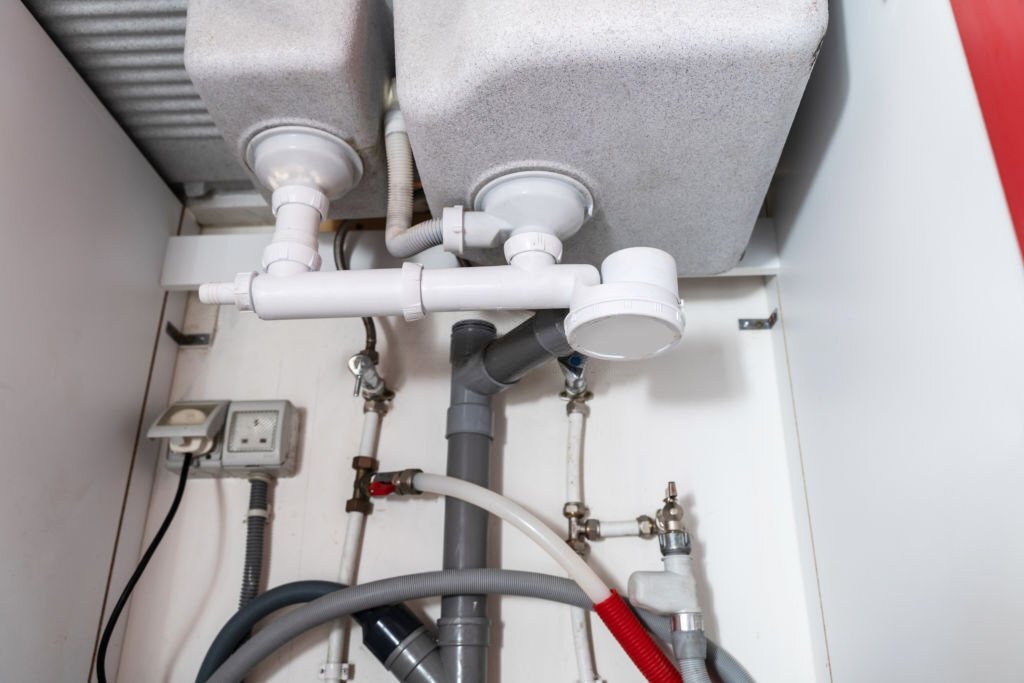
Water softeners are an important part of having a high-functioning water system in the home. Hard water can lead to clogging and blockages of pipes and plumbing, as well as unfortunate damage to appliances that use water. Not only this, but hard water is not as efficient for cleaning as soft water, and can require more energy and cleaning products to get surfaces to the desired level of cleanliness. If you’re looking to make your water system better, softer, and more efficient, we suggest taking some time to consider the following top 7 ideas.
In our modern world where water conservation is becoming increasingly important, it is no surprise that homeowners are looking for smarter ways to make their water systems more efficient and softer. From simple tricks to larger investments, these 7 ideas will help you maximize the efficiency of your water system, while ensuring it remains soft and does not cause build up or other irritating issues. By investing in the right equipment and understanding simple tricks, your water system can become a reliable and cost-effective fixture in the home.
What are the 7 stages of the purification of water?
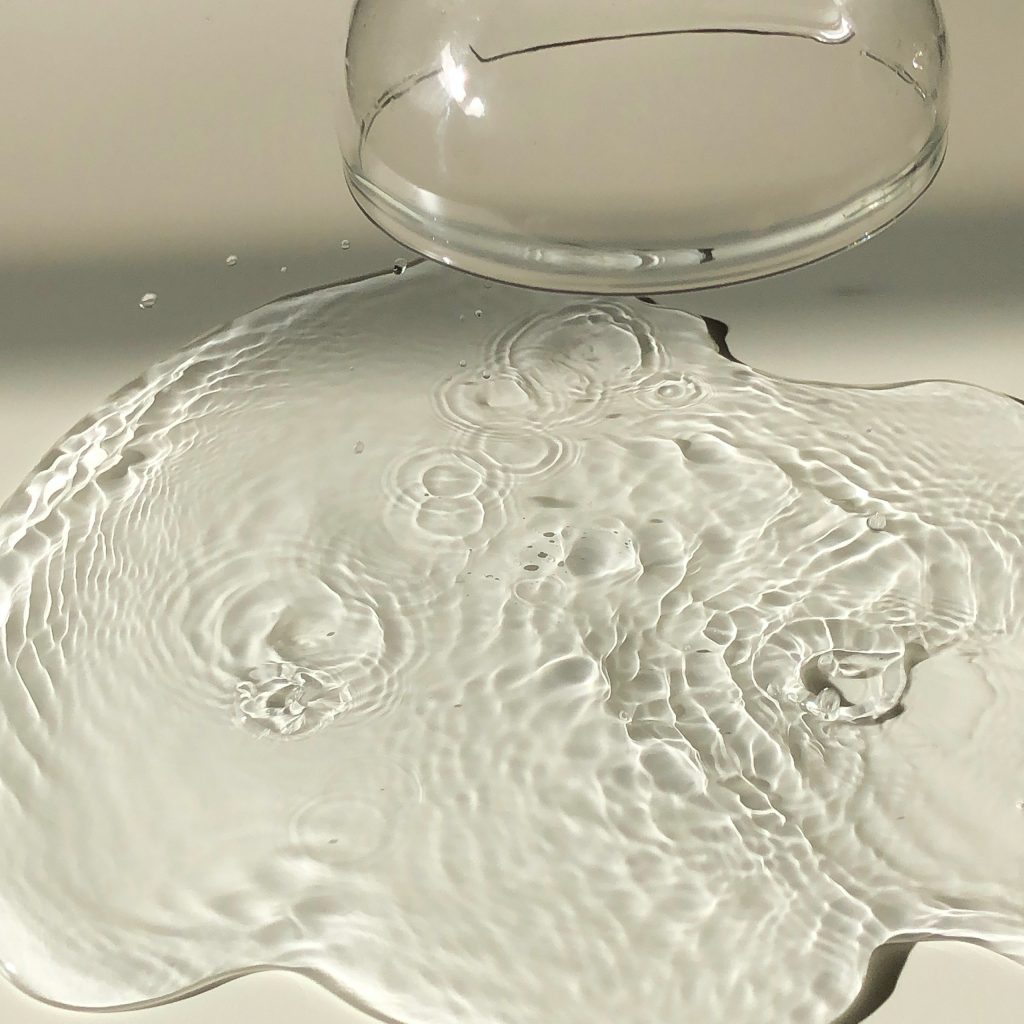
What are the 7 stages of purification of water?

